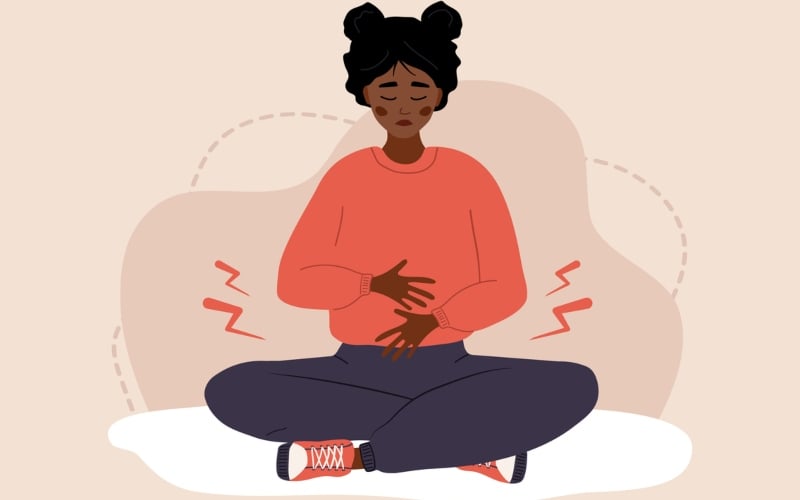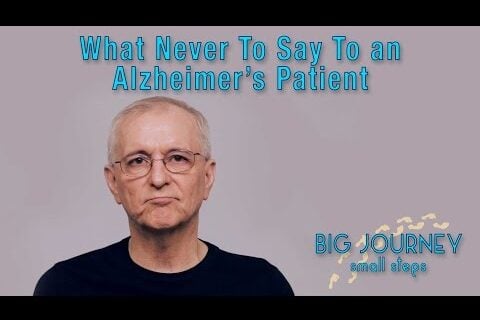By Olivia Alperstein
Ever since the beginning of the pandemic, there’s been a disturbing caveat to the casualty reports. Many of the dead, the reports say, had “comorbidities” — other conditions that left them especially vulnerable to the virus.
This is true, and it needs to factor into our public health response. Instead, it’s often used to suggest that the loss of these lives is somehow less serious — and more acceptable.
“The overwhelming number of deaths” among vaccinated people, CDC director Dr. Rochelle Walensky told Good Morning America about a recent study, “occurred in people who had at least four comorbidities, so really these are people who were unwell to begin with.”
She added: “We’re really encouraged by these results.”
I have a bunch of fun “comorbidities” myself, including rheumatoid arthritis. As a vaccinated but immunocompromised person, I was less “encouraged” — and I was deeply saddened by that choice of words.
So too, I’m guessing, were people with chronic obstructive pulmonary disease or congenital heart disease. Language like this can also be incredibly hurtful to parents of children with conditions like leukemia, or caregivers of people with conditions like Alzheimers.
At least one out of every four Americans has a disability — so if you’re not disabled yourself, you probably know and love someone who is. For us, it’s hard not to hear the subtle messaging behind messages like these: “My disabled life is less worthy.”
Unfortunately, a surprising number of people seem to agree it wouldn’t be so bad if the world population were culled a bit. It’s not just the Nazis, who famously exterminated people with disabilities and mental illnesses. Instead, these attitudes can appear in more subtle ways.
For example, they can show up when hospital staff are forced to prioritize who to save in emergency health situations, in part by making heart-wrenching decisions about who’s more likely to survive.
Like others, I have both disabled and non-disabled family and friends who went into a hospital for non-COVID emergencies and never made it out alive. And I have multiple friends who’ve made advance directives during the pandemic, assuming they’re more likely to face respiratory failure or intubation if they contract COVID-19.
These attitudes can also show up in the debate over pandemic school closures. A return to in-person learning may be an acceptable risk for healthy, vaccinated students and staff. But what about those who are disabled, immunocompromised, and at higher risk of death if they return to classroom instruction?
The pandemic has likely increased the number of people with serious health conditions. Alongside those suffering from prolonged COVID-19 complications, many other Americans have been forced to delay “elective” surgeries like organ transplants or cancer treatments because of our chronically full hospitals.
As these challenges touch more and more of us, we shouldn’t be pitting parents, educators, patients, or health care workers against each other. Instead, we need policies that better protect all of us.
For starters, we need more chronically ill, immunocompromised, and disabled people in CDC leadership positions. And the CDC could take the advice of disabled people who’ve reached out since the start of the pandemic to help others learn how to protect their own health, survive, and advocate for better health policies.
Just as pressingly, we need a pandemic response that fully addresses hospitals’ supply and staffing shortages, ensures access to tests and vaccines for all, and puts the voices of disabled people exactly where they should be: at the center of every health policy decision.
My disabled life is worthy. All our lives are worthy.
—
This post was previously published on OtherWords with a Creative Commons License.
***
You Might Also Like These From The Good Men Project
 Compliments Men Want to Hear More Often
Compliments Men Want to Hear More Often  Relationships Aren’t Easy, But They’re Worth It
Relationships Aren’t Easy, But They’re Worth It  The One Thing Men Want More Than Sex
The One Thing Men Want More Than Sex  ..A Man’s Kiss Tells You Everything
..A Man’s Kiss Tells You Everything Join The Good Men Project as a Premium Member today.
All Premium Members get to view The Good Men Project with NO ADS.
A $50 annual membership gives you an all access pass. You can be a part of every call, group, class and community.
A $25 annual membership gives you access to one class, one Social Interest group and our online communities.
A $12 annual membership gives you access to our Friday calls with the publisher, our online community.
Register New Account
Log in if you wish to renew an existing subscription.
Username
First Name
Last Name
Password
Password Again
Choose your subscription level
- Yearly - $50.00 - 1 Year
- Monthly - $6.99 - 1 Month
Credit / Debit Card PayPal Choose Your Payment Method
Auto Renew
Subscribe to The Good Men Project Daily Newsletter By completing this registration form, you are also agreeing to our Terms of Service which can be found here.Need more info? A complete list of benefits is here.
—
Photo credit: Shutterstock
The post My Disabled Life Is Worthy appeared first on The Good Men Project.
Original Article










